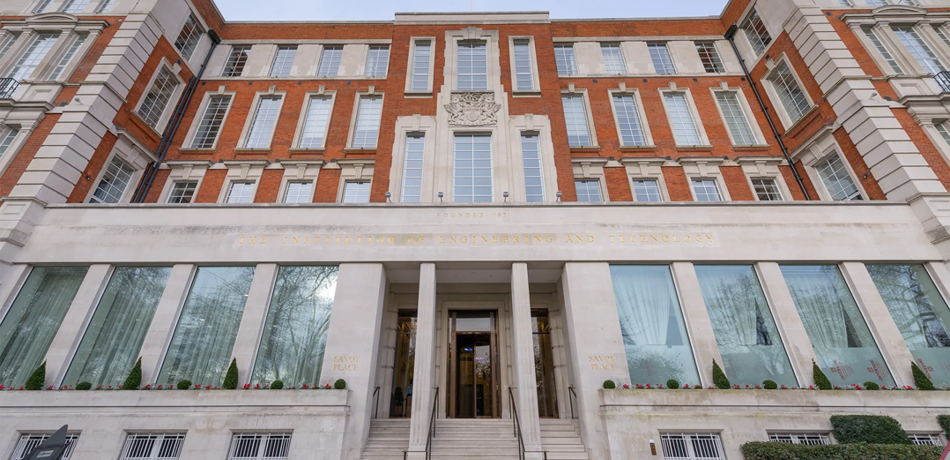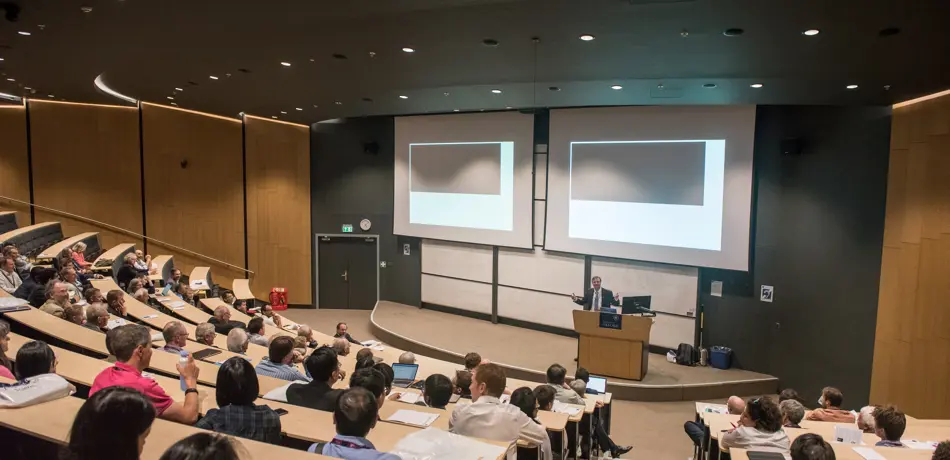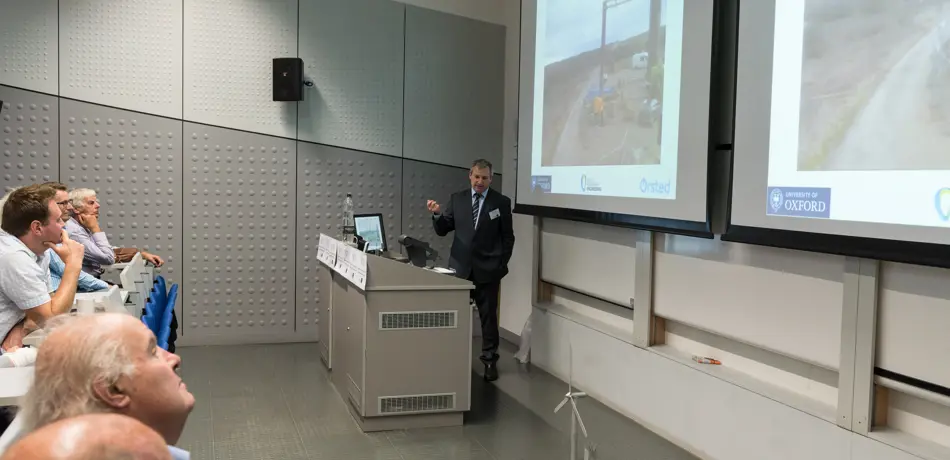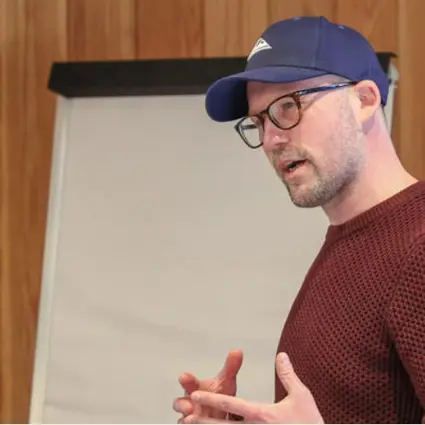Alumni Events, Department of Engineering Science, University of Oxford
Alumni Events
To be sent information about our Alumni events and activities, please update your preferences here (please note that you will need your Alumni ID).
Engineering Horizons

2024 marks the first in a new series of lectures run by the Department of Engineering Science exclusively for our Alumni.
These lectures will showcase leading research and researchers in the department, working at the forefront of engineering.
The inaugural speaker on 20 November 2024 at IET London Savoy Place was Professor Alison Noble OBE FRS FREng FIET FWES CEng, Technikos Professor of Biomedical Engineering, who spoke about challenges in ultrasound imaging

Lubbock Lectures
The Maurice Lubbock Memorial Lecture, the Department's most prestigious showcase event, was founded in 1963 to commemorate the Hon. Maurice Fox Pitt Lubbock and to promote the study of engineering and its applications to which his career had been devoted. The lecture was intended 'for a scientific and lay audience, on engineering in relation to its environment - its industrial application, its place in society, its significance for managers, sociologists, economists and others, and its significance for education'. The inaugural lecture was given by Sir Harold Hartley, on February 28, 1964.

Jenkin Lectures
The Department's annual event for its alumni is the Jenkin lecture, which is held in September and has been enjoyed by numerous alumni over the years.
The first Jenkin lecture was held in 1988 and was given by A. M. Howatson, lecturer in Engineering Science and Balliol College Fellow. The lecture series is named in honour of Charles Frewen Jenkin, elected first Professor of Engineering Science in 1908.

2024 Jenkin Lecture
Learning to Perceive and to Act - What did Generative AI ever do for us?
In recent years, large language models such as ChatGPT and Gemini have firmly established artificial intelligence as a mainstay technology of the future in the public’s perception. Driven by an abundance of unlabelled data and the advent of deep generative models, machines are now able to create content such as text, synthetic images, videos and sounds. Professor Ingmar Posner will review how generative AI can be leveraged in robotics to create agents that learn to perceive and to act.

